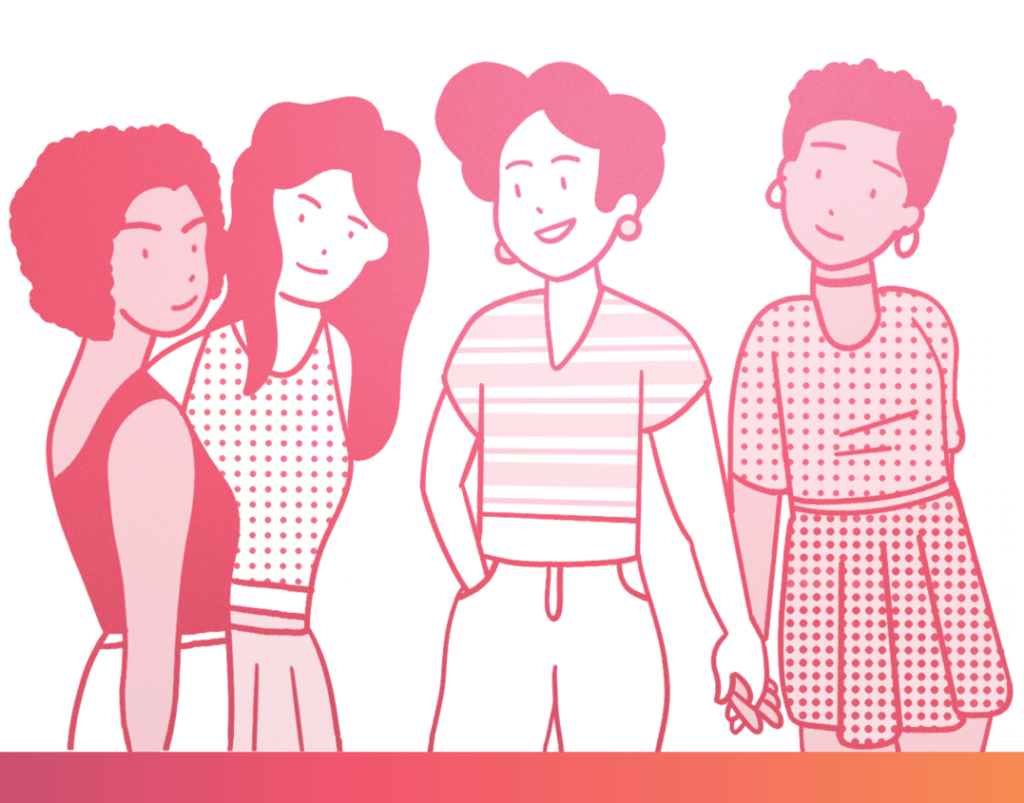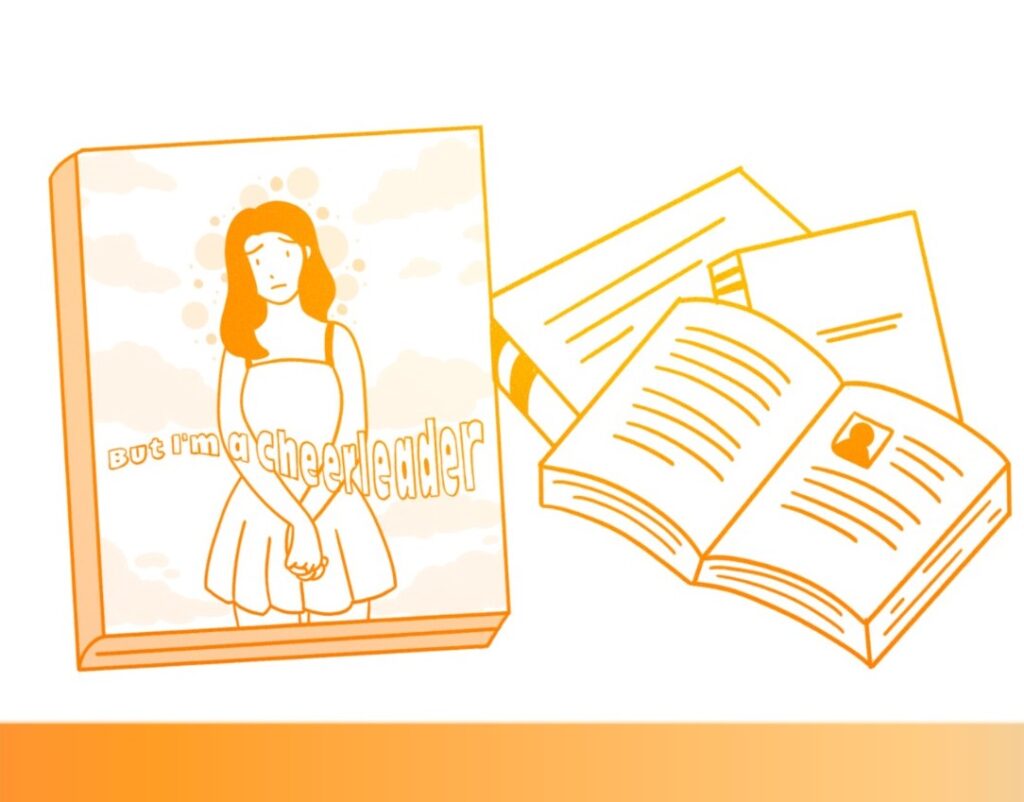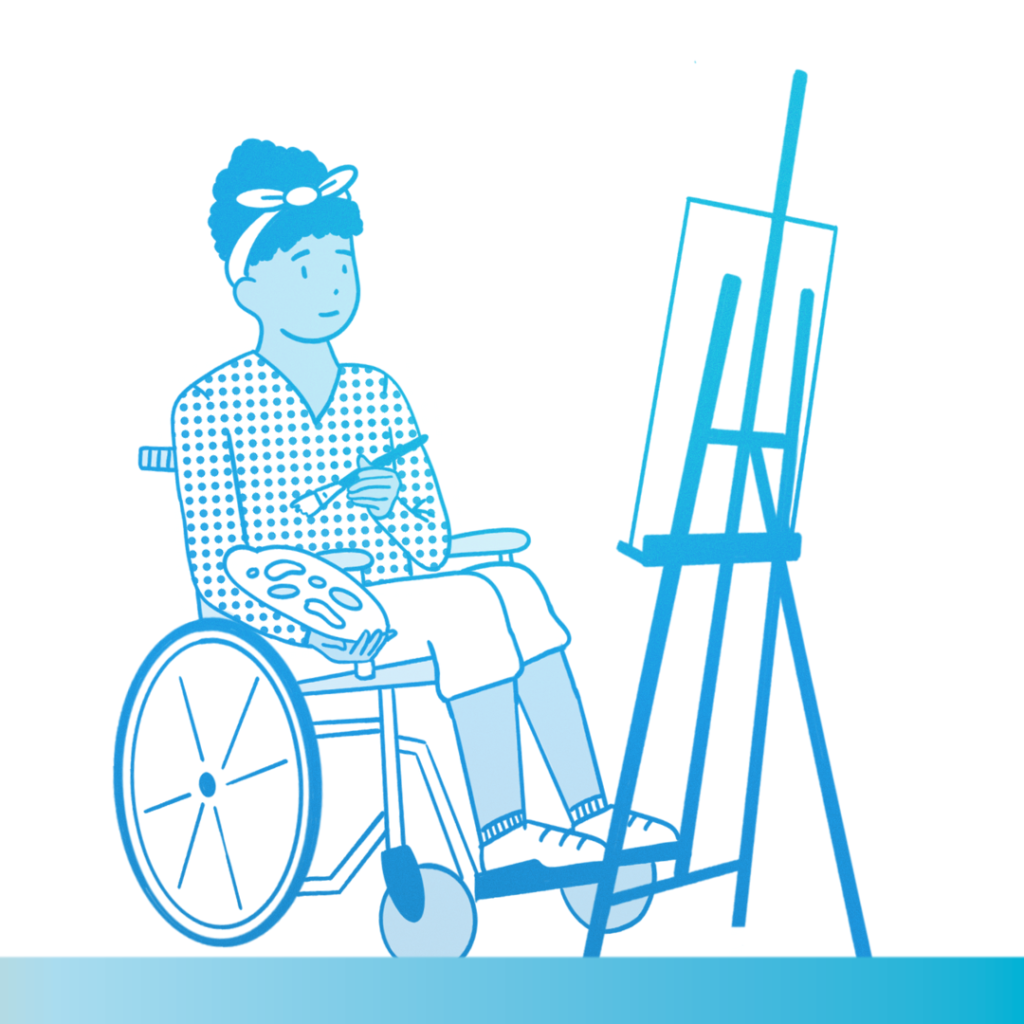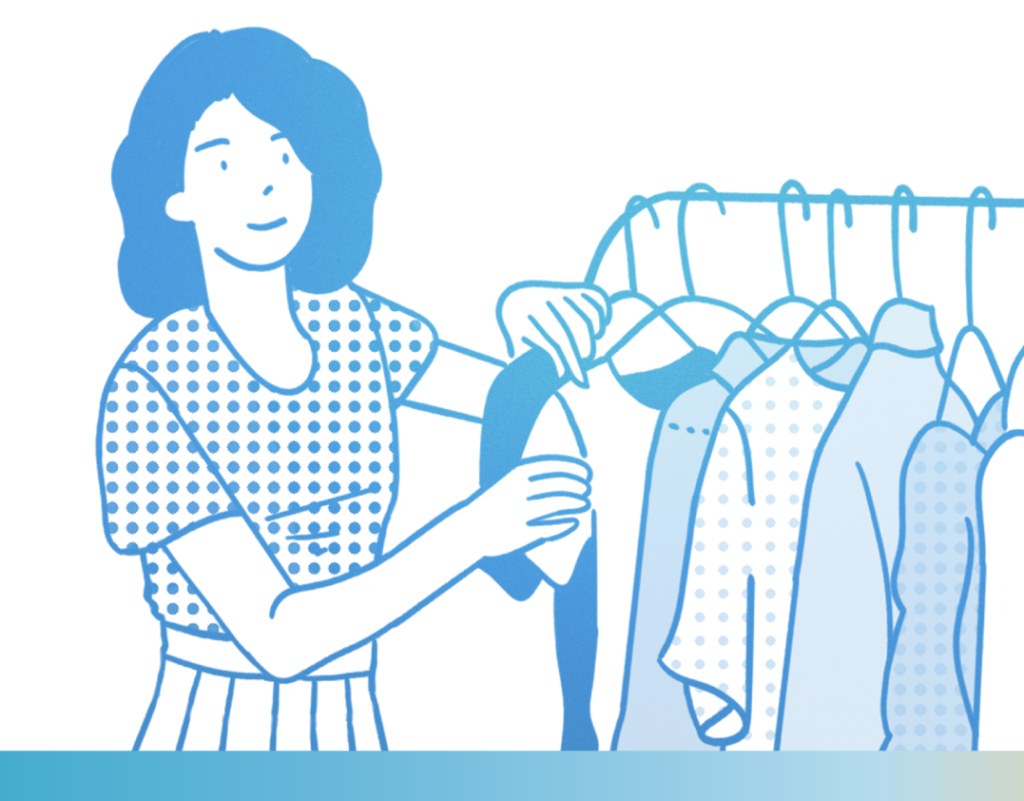
The power of storytelling
This toolkit will guide youth with the fundamental of good storytelling and how to drive advocacy on your platforms through your own storytelling.

Like many young adults, covid lockdowns had me moving back to my family home. This was my first time living with family since coming out as queer and trans. Living independently in a major city I had been able to explore my identity and build community. I found spaces where my queerness was not only affirmed but celebrated. Moving back home to isolate with my family, I lost access to those spaces. It felt like taking a big step backwards, almost like slipping back into the closet.
I am lucky that I am able to be out to my family. I have introduced parents to my partners and worn suits to my cousin’s weddings. My family knows that I am queer and trans, but I can feel that they don’t understand it. It’s been three years since I told my parents I was non-binary and asked them to use they/them pronouns for me.

Yet, they consistently misgender me. While they will make an effort to change their words when reminded, I know it won’t stick until they are willing to also change their thoughts. I can feel that they still conceptualize me as being the heterosexual cisgender person they thought I was. Living back home has felt like rooming with the ghost of who they imagined me to be.
For anyone struggling with not feeling seen or affirmed in their home, I have compiled some tips and resources based on my own experience.
Invalidation is the rejection, dismissal, or disparagement of another person’s emotional or cognitive experience. For queer and trans youth this can look like a person not using a preferred name, not acknowledging a same-sex partner, or questioning their certainty in their identity. It can be challenging to cope with living in a home with people who invalidate your queer or trans identity. For many people, it isn’t safe to speak up or defend their identity. Even when it is safe, It can quickly become exhausting correcting pronouns or calling out homophobic jokes. All those little moments of invalidation can add up to an overwhelming and suffocating pressure. When this pressure comes from our family or the people we live with, it can be hard to get away from. So how can we take care of ourselves? Spending Covid lockdowns living with my family, I’ve curated a toolbox of ways to take care of myself in the face of invalidation.

Find people that validate you and your identity. Research queer spaces and organizations near you. If you don’t have access to affirming people in person, you could find an affirming online community by joining online support groups, chatting with other fans of your favourite queer tv shows, or signing up for an online book club. Read about how finding community online changed Amy Miller’s whole world – “Coming Out – Community Had My Back”.

Immerse yourself in queer stories, find characters that you see yourself in, and listen to music that touches your soul (for me it’s Sad Femme Club by Kimmortal). Read stories of other queer people of coming into themselves, like – “Trusting my queer heart to guide my path” – Pree

Express your feelings and identity through creative processes. You could write ode poems to your queer joy, draw a self-portrait of your inner self, or write a song about your first crush.

Put on something that makes you feel good, even if it’s just in the safety of your own room. Whether it be your coziest sweater or brightest eye shadow, a little thing can help you feel more comfortable in your skin. If you aren’t safe to express yourself in your physical space, try doodling yourself wearing your dream outfit or make a digital collage of your future fashion essentials. – “The Fashioning of Gender Expression: Mia Yaguchi-chow”

Share about your experiences and how you are feeling. Whether it’s to a trusted friend or in your trusty journal, getting your thoughts out can provide great relief.
When caring for yourself and leaning on your friends just isn’t enough, reach out for help. If you are in crisis, you can find helplines and resources here – https://itgetsbettercanada.org/get-help/
Caring for myself in these ways has helped me to be grounded in myself and my identity. It has helped me to move past moments of invalidation and celebrate the moments where I feel seen. The moments like my grandmother telling me she is proud of me for being myself. When I feel grounded in myself, I can smile rather than cringe when I overhear my parents correct each other on my pronouns. I can slowly feel my home becoming a softer, more affirming place as I nurture myself and my queer joy. I hope you too can find a safe home within yourself and your community.
It Gets Better Canada – Get Help Page
It Gets Better has a list of resources and organizations nationwide to help with a variety of 2SLGBTQ+ centered concerns.
Egale Canada – Stuck in quarantine with your homophobic or transphobic family?
Egale Canada provides a list of tips for quarantining or being stuck with people you don’t feel safe with.
Vancouver Island University – How to Combat Homophobia and Heterosexism
This list made by Vancouver Island University, explains actionable ways to combat homophobia and heterosexism
Xtra Magazine – Trans and queer folks can’t solely rely on our resilience to survive
A powerful article published by Xtra Magazine explaining why we need to do more than just rely on queer and trans resilience.
New Naratif – Growing Together: A Guide to Collective Care
This article written by southeast asian publication New Naratif explains why people need more then just self care to thrive.
Egale Canada – Supporting a Gender Diverse Child
This resource is designed to help parents, guardians, and loved ones to better understand how to support gender diverse children
Send The Right Message – Allyship
This crash course on allyship is a great tool for anyone looking to be the best ally they can.
Parent With Love – Lead With Love
Lead with Love is a 35-minute documentary created to help answer the question “What do I do if my child is gay?”
Glaad – Tips for Allies of Transgender People
The following tips can be used as you move toward becoming a better ally to transgender people.
Teen Vogue – How to be a good ally to LGBTQ+ Friends
A guide on how to Be a Good Ally to Your 2SLGBTQ+ Friends

About the author
Sonny Cantalini (they/them) is a queer non-binary creative based out of Tkaronto. They are passionate about neurodiversity and social justice. Sonny recently completed a masters degree in gender studies and have been making contributions to queer media discourses

This toolkit will guide youth with the fundamental of good storytelling and how to drive advocacy on your platforms through your own storytelling.

This toolkit will provide youth with validation, information, and tools for healing through experiences of gender-based violence within their homes or areas of isolation during the COVID-19 pandemic

A guide to connecting with communities online in a safe and beneficial manner to best support you.

A starting guide to beginning the hobby of journaling and supporting the journey of loving yourself.

